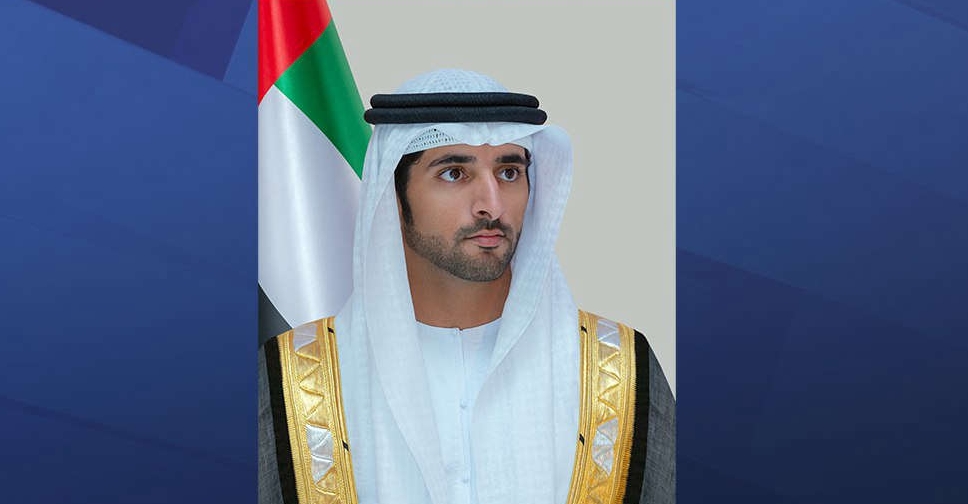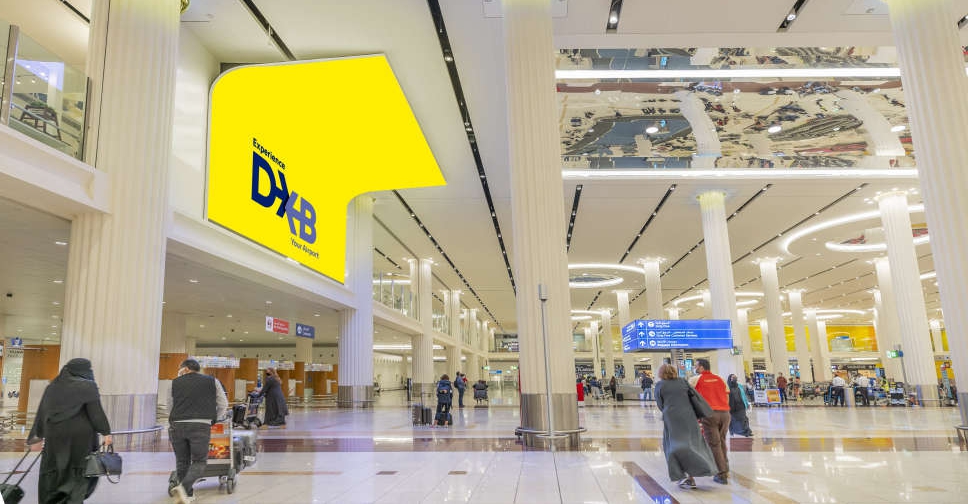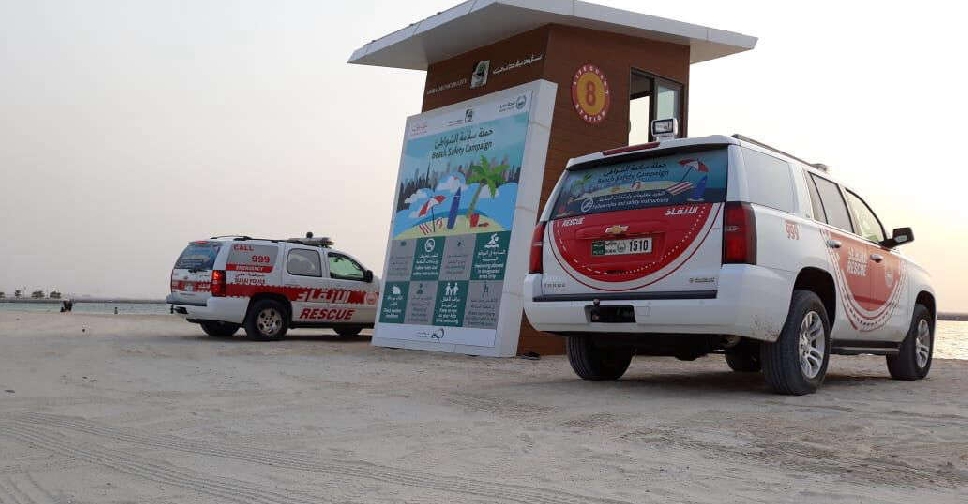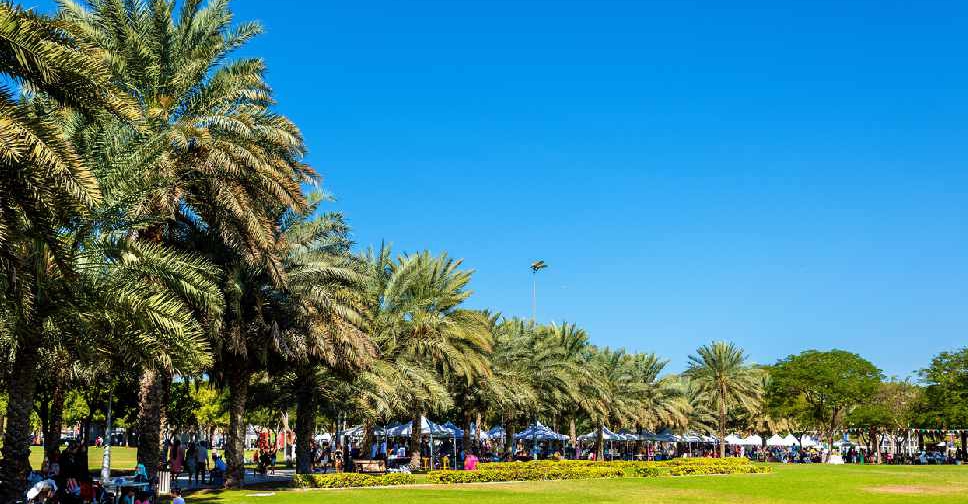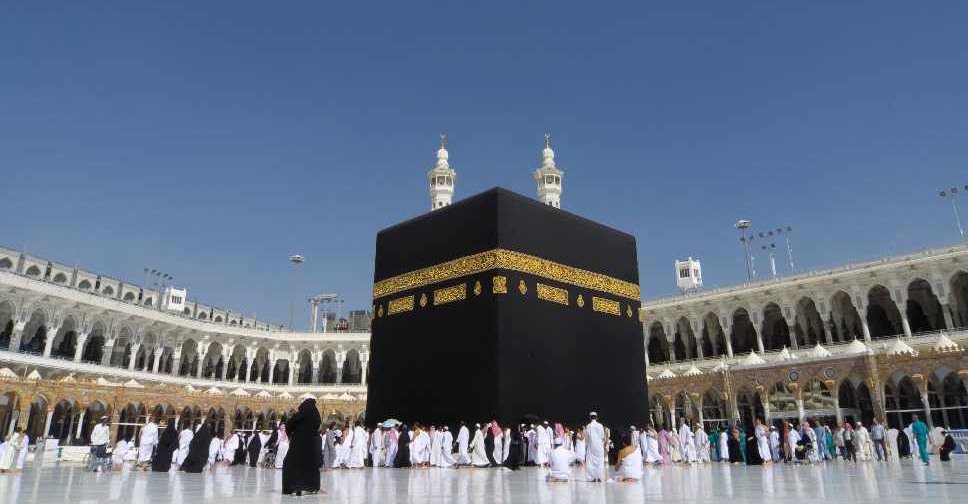
The first groups of Umrah pilgrims are returning to the Grand Mosque in Mecca, as COVID-19 precautionary measures are being enforced.
The General Presidency for the Affairs of the Grand Mosque and the Prophet's Mosque has ordered specific protocols.
These include cleaning the Grand Mosque 10 times a day before and after the Umrah groups and sanitising the toilets six times daily.
Carpets, Zamzam water fountain basins and all vehicles will be sterilised.
Thermal cameras have also been installed.
The official Saudi Arabian News Agency says several sites have been prepared at Ajyad, Al-Shisha, Al-Gaza, and Al-Zahir, to transport people to the Grand Mosque.


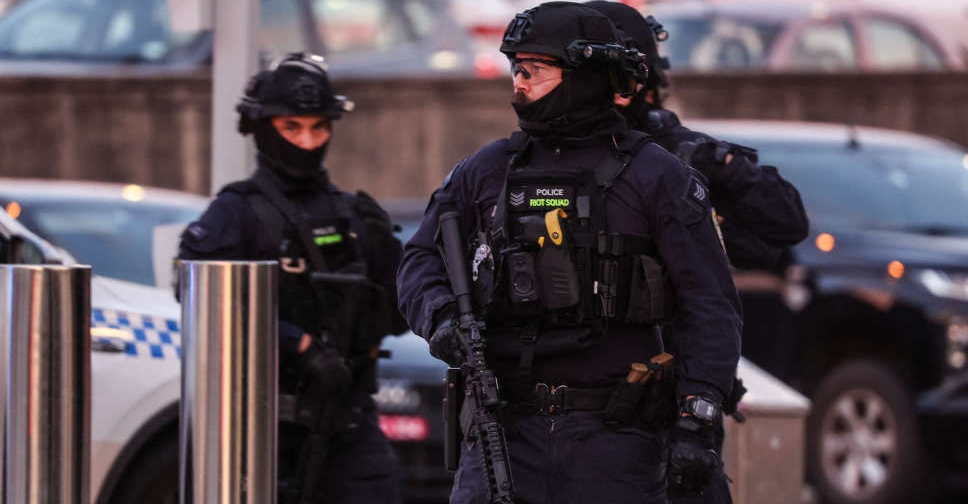 No evidence alleged Bondi gunmen received military training in Philippines
No evidence alleged Bondi gunmen received military training in Philippines
 At least 12 killed in Nigeria mining site attack
At least 12 killed in Nigeria mining site attack
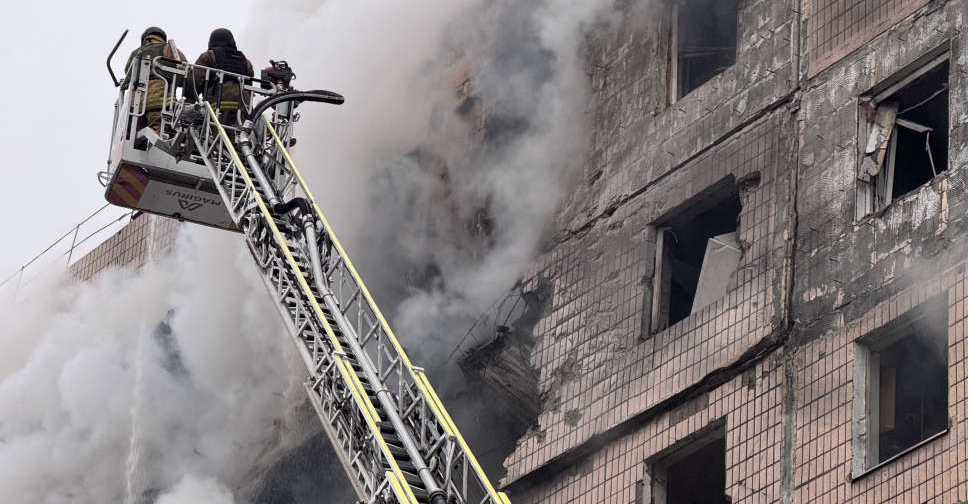 Russian attack on Ukraine's central Cherkasy injures six, causes blackouts
Russian attack on Ukraine's central Cherkasy injures six, causes blackouts
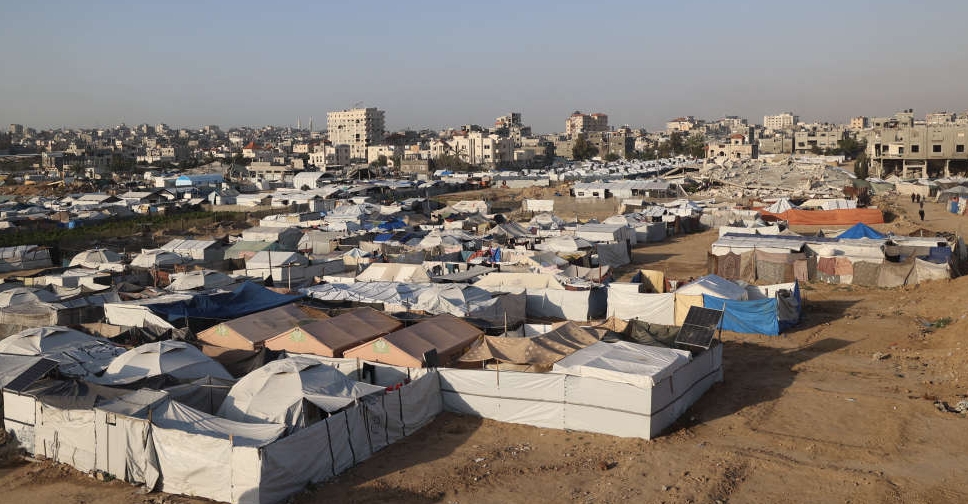 UN, aid groups warn Gaza operations at risk from Israel impediments
UN, aid groups warn Gaza operations at risk from Israel impediments
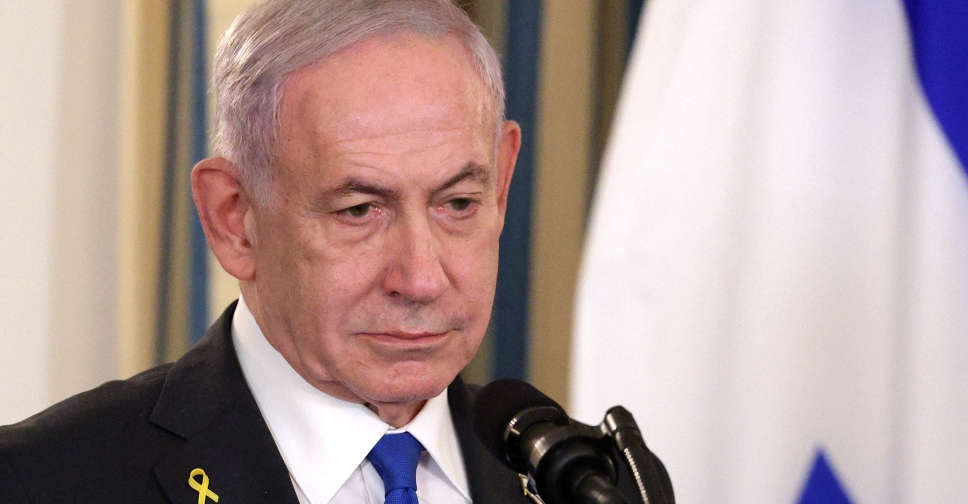 Israel approves natural gas deal with Egypt, Netanyahu says
Israel approves natural gas deal with Egypt, Netanyahu says
